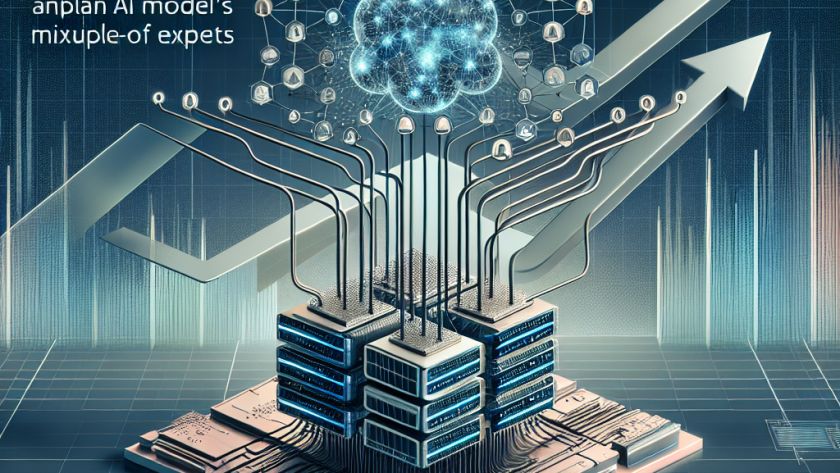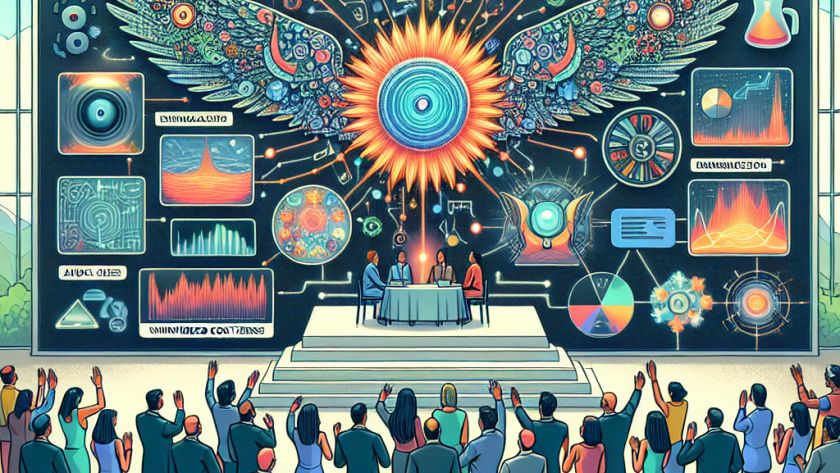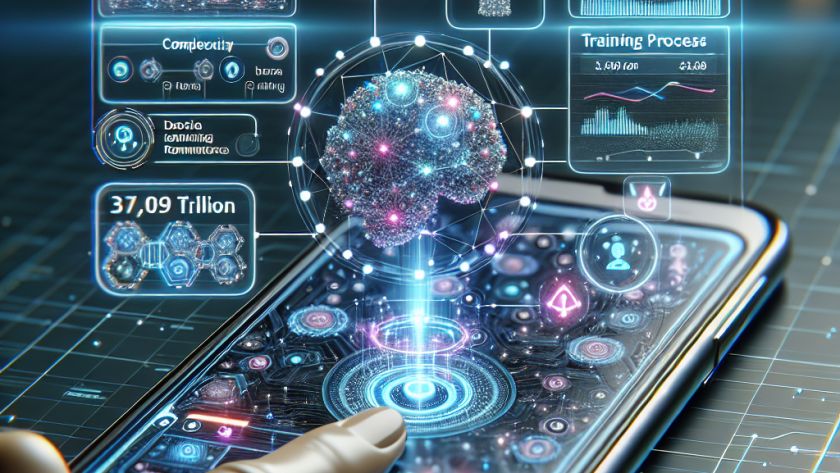


Generative models, a class of probabilistic machine learning, have seen extensive use in various fields, such as the visual and performing arts, medicine, and physics. These models are proficient in creating probability distributions that accurately describe datasets, making them ideal for generating synthetic datasets for training data and discovering latent structures and patterns in an…

Large Language Models (LLMs) and Large Multi-modal Models (LMMs) are effective across various domains and tasks, but scaling up these models comes with significant computational costs and inference speed limitations. Sparse Mixtures of Experts (SMoE) can help to overcome these challenges by enabling model scalability while reducing computational costs. However, SMoE struggles with low expert…

Large Language Models (LLMs), while transformative for many AI applications, necessitate high computational power, especially during inference phases. This poses significant operational costs and efficiency challenges as the models become bigger and more intricate. Particularly, the computational expenses incurred when running these models at the inference stage can be intensive due to their dense activation…

Pegasus-1 is a state-of-the-art multimodal Large Language Model (LLM) developed by Twelve Labs and designed to interact with and comprehend video content through natural language. The model is intended to overcome the complexities of video data, including the consideration of multiple modalities in one format and the understanding of the sequence and timeline of visual…

Large Language Models (LLMs) with video content is a challenging area of ongoing study, with a notable advancement in this field being Pegasus-1. This innovative multimodal model is designed to comprehend, synthesize, and interact with video data using natural language.
MarkTech Post explains that the purpose of Pegasus-1's creation was to manage the inherent complexity of…




With AI technology increasingly being used in business, it is crucial to involve end-users in the process. End-users are those individuals, often with no background in AI, who interact with the application in the course of their work. For this purpose, the open source team behind Taipy Enterprise Platform has developed a system of scenarios…


